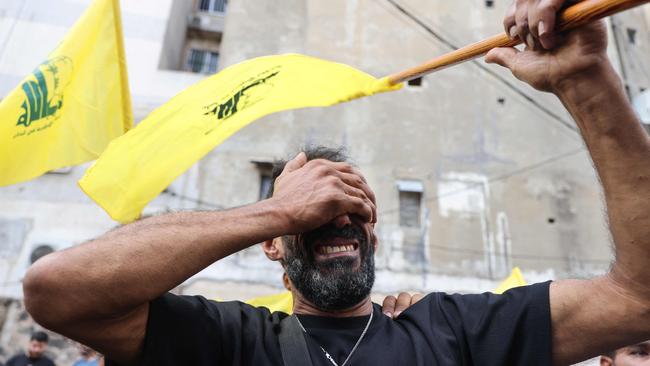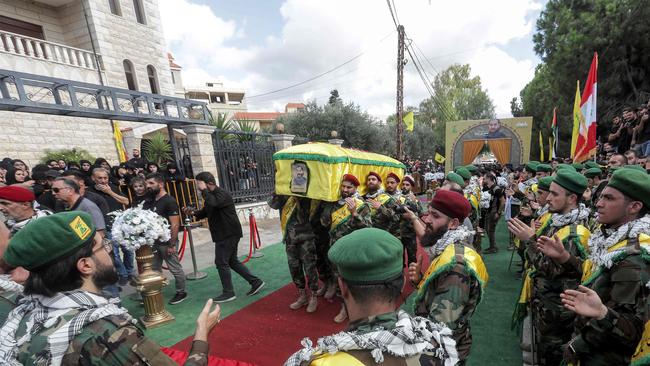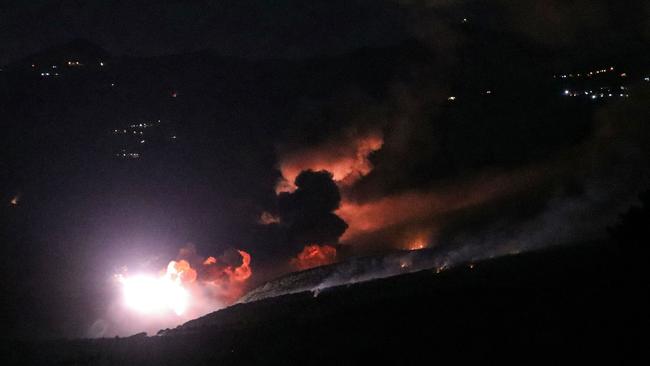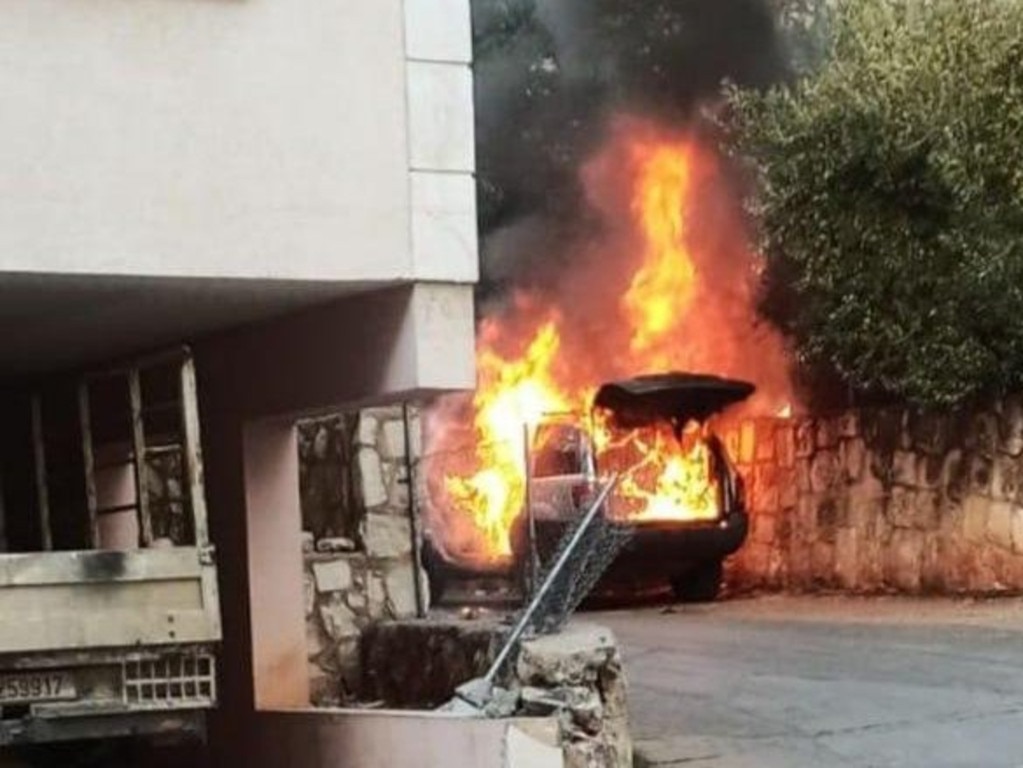Israel has no choice but to take on terror group Hezbollah, but this is a very dangerous moment
This week’s blows to Hezbollah may well change its calculus. The most heavily armed non-state actor in the world could cause enormous damage.

This is one of the most dangerous moments in the Middle East since the October 7 massacre last year, but Israel has no choice but to take on the heavily armed Hezbollah which has repeatedly attacked it over the past 11 months.
Israel’s decision to dramatically step up its military campaign against Hezbollah comes as the Iranian-backed terrorist group is reeling from Mossad’s mass attacks of exploding Hezbollah-issued pagers and walkie talkies.
The ingenious attacks of the booby-trapped Hezbollah devices – the most perfectly targeted strike on a terror group in modern warfare – has left thousands of Hezbollah fighters seriously injured and unable to fight. It has also all but destroyed the terror group’s ability to communicate and therefore co-ordinate an effective response to Israel’s stepped up military campaign.
Hezbollah has never been more vulnerable in recent years than it is right now.
Israel has followed up its pager attacks with one of the biggest air strikes against Hezbollah this year, striking the terrorist group’s military sites across southern Lebanon.
Israel’s aim here is not to invade Lebanon or spark an all-out war with the heavily armed Hezbollah. What Israel seeks to do is secure an essentially defensive strategic aim of removing Hezbollah’s will or ability to continue to repeatedly send its missiles and drones into northern Israel.

This would allow Israel to return around 60,000 Israelis to their homes near the border with Lebanon. They were evacuated after Hezbollah launched almost daily and ongoing missile and drone attacks into northern Israel in solidarity with Hamas after the October 7 massacre of Israelis. This is Israel’s right to do what it needs to do against Hezbollah to ensure the safe return of its people.
Having destroyed Hamas as an effective fighting force in Gaza, Israel can now spare the troops and military resources to focus on Hezbollah in the north.
The real danger here lies in Hezbollah’s response to the Mossad attacks and Israel’s airstrikes. In short, it is now up to the Iranian-backed terrorist group to decide how much of a war it wants with Israel.
Hezbollah has vowed to retaliate against Israel’s attacks and claims it will keep attacking Israel until there is a peace deal in Gaza – something which currently appears to be a distant proposition.
But if Hezbollah continues to attack Israel, then Israel will have no choice but to escalate its strikes against Hezbollah to end the attacks and return its displaced people to their homes.
Neither side wants a repeat of the bloody ground war in Lebanon between Israel and Hezbollah in 2006. But if Hezbollah follows through with its threat to keep lobbing missiles into Israel, then Israel may have no choice but to invade.

So far both Hezbollah and its puppet-master Iran have been largely impotent when it comes to their promised revenge on Israel for the Jewish state’s past deeds, including targeted assassinations of terrorist leaders.
Mass missile strikes launched against Israel by both Hezbollah and Iran in recent months have been mostly shot down, causing little harm. Hezbollah has shown no stomach for a full-scale war against Israel knowing that Israel would have the strength to cripple it as a viable terrorist group. Likewise, Iran has been reluctant to engage Israel in major conflict, fearing that Israel would use the moment to launch a broad attack on its cherished nuclear facilities.
But Israel cannot discount the danger that this week’s damaging and embarrassing blows to Hezbollah will change the terror group’s calculus.
Hezbollah is the most heavily armed non-state actor in the world, and its long range missiles could cause enormous damage to Israel if it were to unleash them en masse.
This is still an unlikely outcome, but nothing is certain in the Middle East and that is why this new phase of Israel’s war on terror is its most dangerous.




Israel has launched a perilous but essential military offensive against Hezbollah to deliver a body blow to the terror group and clear the path for Israelis to return to their homes along the northern border.